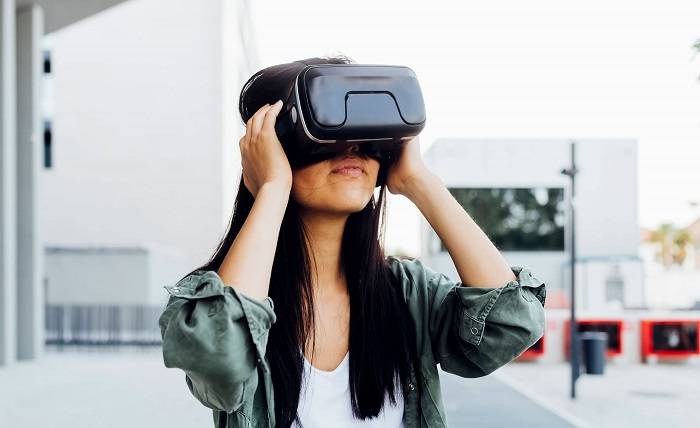
The rise of the metaverse has opened up new possibilities for the future of e-commerce. With advancements in technology, virtual reality (VR) and augmented reality (AR) have become more accessible, and the concept of the metaverse has gained traction. In this article, we will explore the metaverse and its potential impact on e-commerce, including the opportunities and challenges it presents.
What is the Metaverse?
The metaverse refers to a collective virtual shared space that is created by the convergence of multiple virtual worlds. It is essentially a fully immersive and interactive virtual reality where users can interact with each other and their environment in real-time. It is a digital space where people can explore, create, and communicate with each other in ways that mimic the real world.
The Evolution of the Metaverse
The concept of the metaverse has been around for several decades, with science fiction novels and movies often depicting it as a futuristic world where people interact with each other in a virtual space. However, it was not until the advent of VR and AR that the metaverse became a more tangible concept.
The first glimpse of the metaverse came in the form of online multiplayer games, such as World of Warcraft and Second Life. These games allowed users to create their own avatars and interact with other players in a virtual world. However, the metaverse has evolved beyond gaming, slot gacor, and has expanded to other industries, including e-commerce.
The Potential of the Metaverse in E-commerce
The metaverse has the potential to transform the way we shop, slot online, and do business online. By creating a virtual storefront, businesses can provide a fully immersive shopping experience for their customers. This can include everything from browsing products to trying them on virtually.
Virtual Try-Ons
One of the biggest advantages of the metaverse in e-commerce is the ability to offer virtual try-ons. With the help of VR and AR technology, customers can try on clothes, shoes, and even makeup without leaving their homes. This can significantly reduce the rate of returns and improve customer satisfaction.
Personalization
The metaverse can also provide businesses with the opportunity to personalize the shopping experience for their customers. By collecting data on customers’ preferences and habits, businesses can create personalized virtual storefronts that cater to their specific needs and interests.
Accessibility
The metaverse can also make shopping more accessible for people with disabilities or those living in remote areas. With a fully immersive virtual reality, customers can browse and purchase products from anywhere in the world.
The Challenges of the Metaverse in E-commerce
While the metaverse presents many opportunities for e-commerce, it also comes with its own set of challenges. One of the biggest challenges is the need for a robust and reliable infrastructure that can support the virtual reality experience. This includes high-speed internet, powerful computing systems, and reliable servers.
Another challenge is the need for standardization across different virtual worlds. With multiple virtual worlds converging in the metaverse, there is a risk of fragmentation and inconsistency. To provide a seamless experience, businesses and developers need to adhere to a set of standards and guidelines.
Conclusion
The metaverse is still in its early stages, but its potential impact on e-commerce is significant. By providing a fully immersive and personalized shopping experience, the metaverse can revolutionize the way we shop and do business online. However, to fully realize its potential, businesses and developers need to overcome the challenges and work towards creating a standardized and robust infrastructure.




